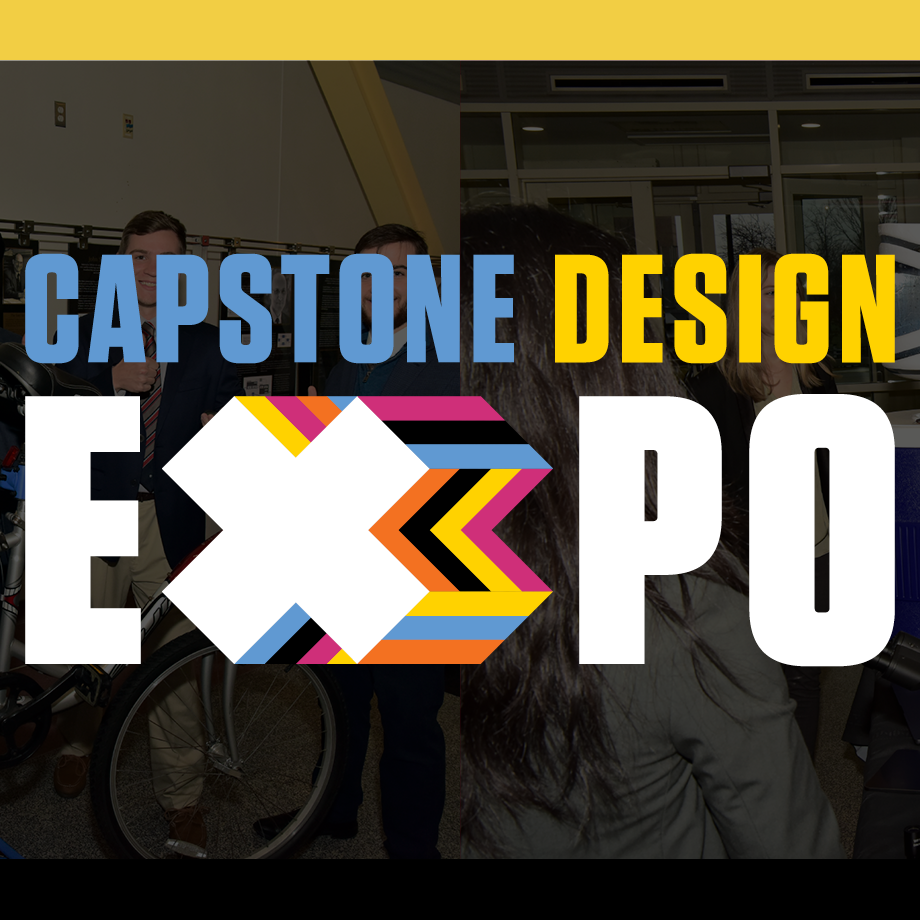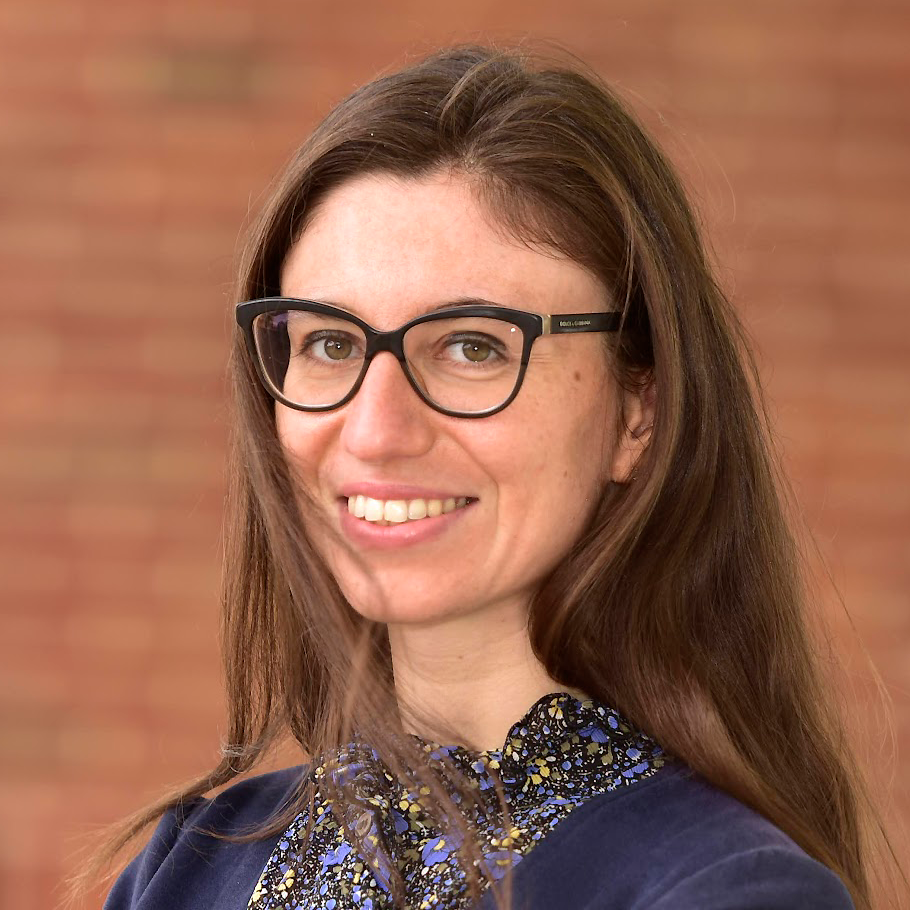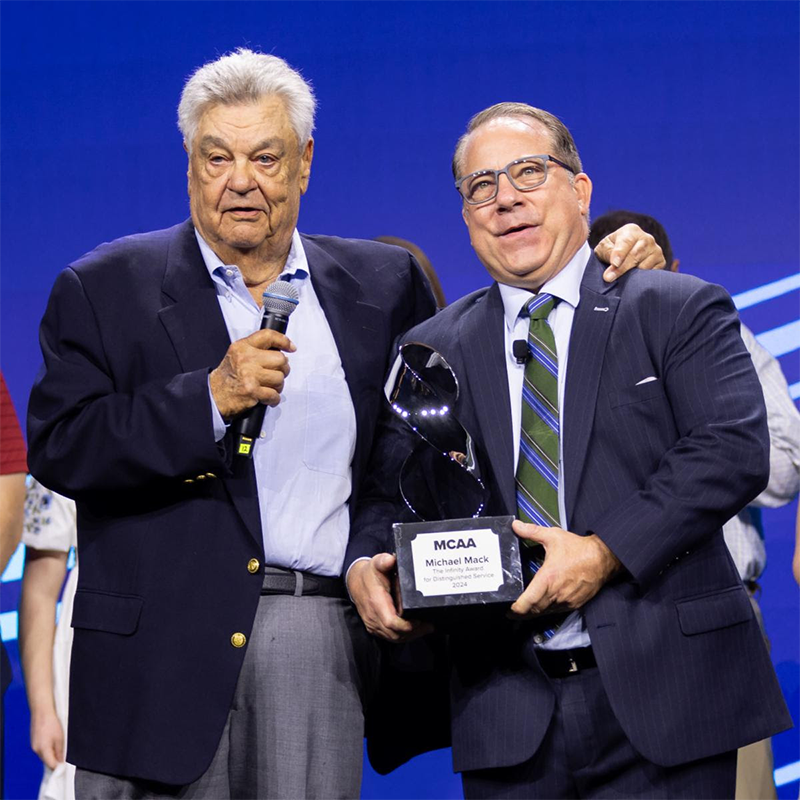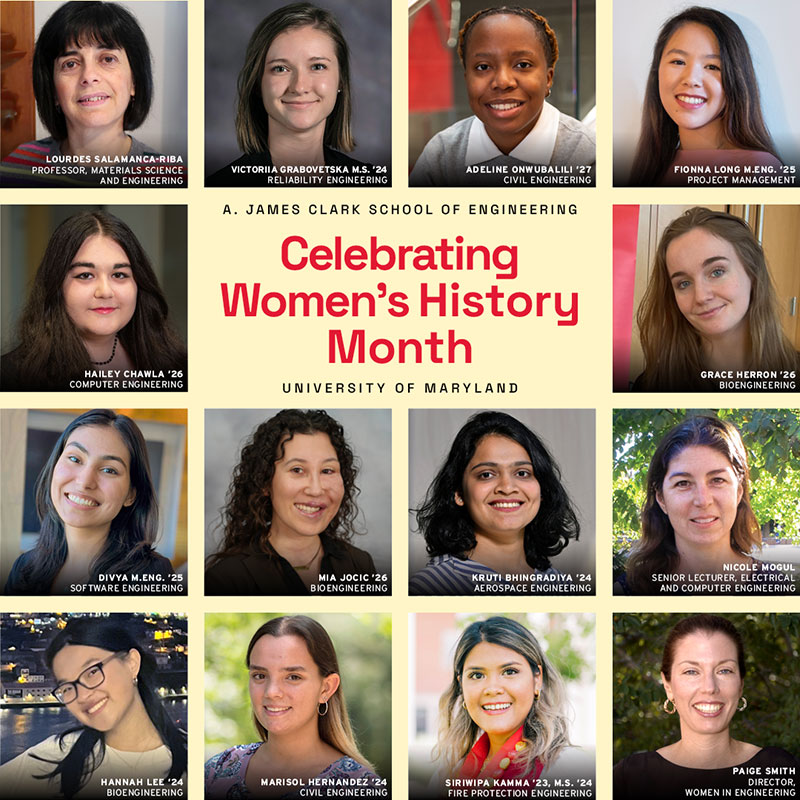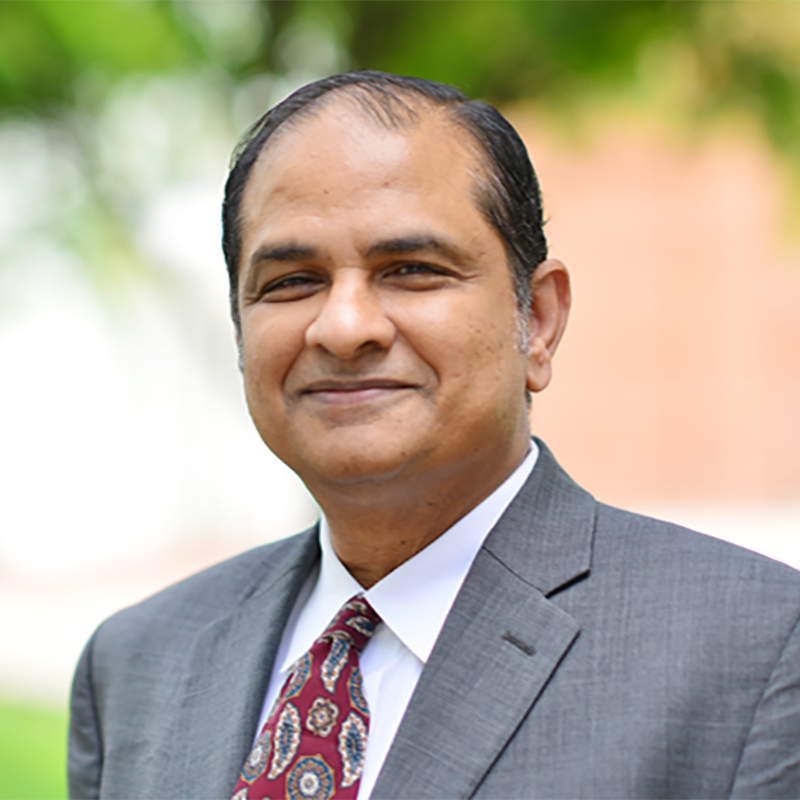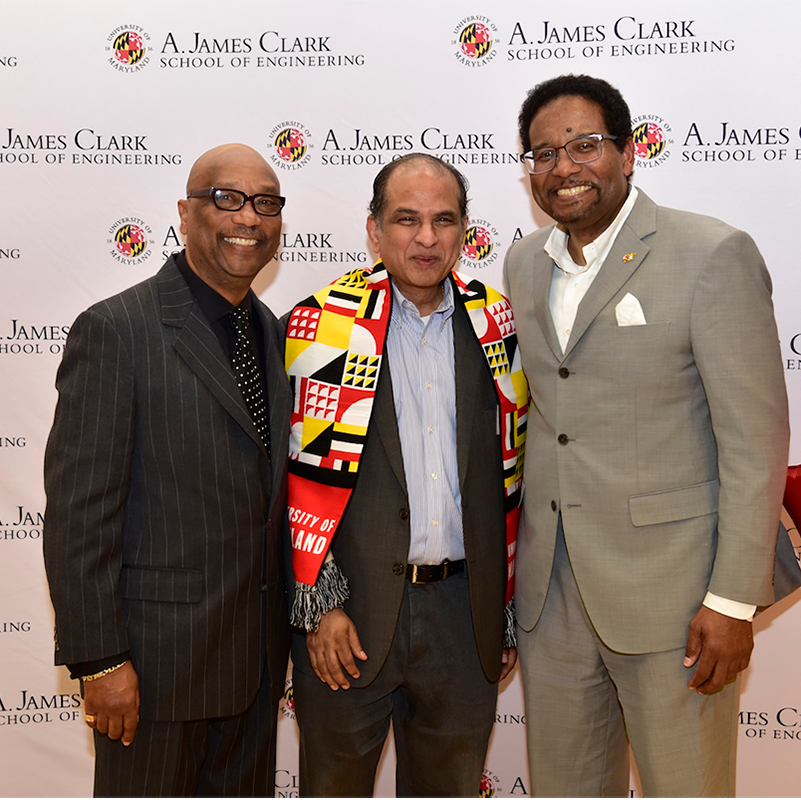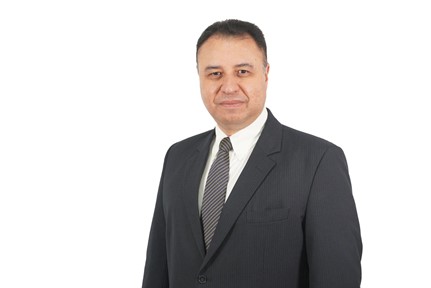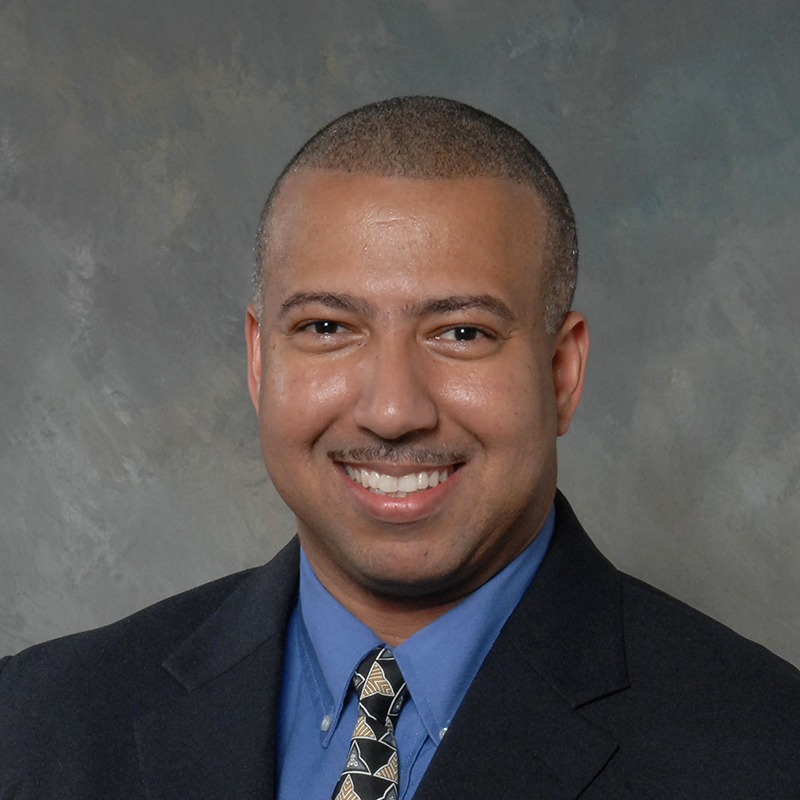News Story
UMD’s Zupnik Hall to Spur Innovation, Collaboration
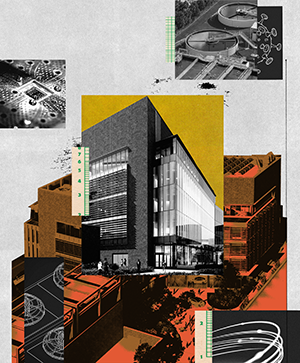
An artist's rendering of Zupnik Hall. Illustration by Mark Harris.
Mechanical engineering students and faculty at the University of Maryland (UMD) are looking ahead to a significant upgrade in the space available for research and teaching.
Stanley R. Zupnik Hall, the A. James Clark School of Engineering’s newest building, is set to open its doors in 2026, providing a new home for several mechanical engineering (ME) department centers, labs, and facilities.
“This state-of-the-art facility will significantly enhance our capacity to conduct research in emerging areas and strengthen our support for ongoing research activities, as well as our ability to offer students interdisciplinary learning experiences,” said Balakumar Balachandran, Distinguished University Professor, Minta Martin Professor, and Chair of the mechanical engineering department at UMD.
Space has been allocated within the new building for ME-driven research on optical device and system characterization; materials and devices characterization and analysis; advanced battery manufacture; packaging, and testing; nano/micro/meso scale devices; biomedical devices and systems; interfacial phenomena and transport processes; and experimental fluid mechanics.
A Connected Autonomous Vehicles lab housed at the new building and covering 3,361 square feet, meanwhile, will be jointly shared by the mechanical engineering, civil and environmental engineering, and electrical and computer engineering departments, allowing students and researchers from all three engineering fields to collaborate in the use of advanced technologies–including autonomy, AI, and machine learning–to improve traffic operations and safety.
Finally, one of the mechanical engineering department’s six flagship centers, the Center for Sustainability in the Built Environment (City@UMD) will be housed at the new building.
“This state-of-the-art facility will significantly enhance our capacity to conduct research in emerging areas and strengthen our support for ongoing research activities, as well as our ability to offer students interdisciplinary learning experiences.”
Balakumar Balachandran, Distinguished University Professor, Minta Martin Professor, and Chair.
Led by Jelena Srebric, the Margaret G. and Frederick H. Kohloss Chair Professor in the ME department, researchers at the Center use a blend of modeling, simulation, and experimentation to map out distributed systems capable of ensuring healthy and comfortable environments, utilizing energy more efficiently, and providing a clean water supply.
WIth support from agencies such as the Center for Disease Control, the National Institutes of Health (NIH) and the National Science Foundation (NSF), City@UMD works to develop technologies–including ventilator systems for public transit and small, distributed devices such as personalized air cleaners–that could prove vital to the protection of urban populations amid perturbed weather and climate patterns.
“The new space will give opportunities to our students to work and create together in a collaborative and inviting environment that in itself embodies principles of sustainability,” Srebric said.
With a total footprint of 162,667 square feet, Zupnik Hall will house 30 labs in all, along with 20 meeting rooms, huddle spaces, and lounges. The building will be named for Stanley R. Zupnik (‘69). Zupnik is one of its founding donors, together with the A. James and Alice B, Clark Foundation, which made a substantial gift as part of its historic $219.5 million Building Together investment in the Clark School. Funding is also being provided by the State of Maryland.
A student focus is strongly evident in plans for the building, which will house the offices of three student organizations–the National Society of Black Engineers, the Society of Hispanic Professional Engineers, and the Society of Women Engineers–and includes gathering spaces for student events as well as a multi-story student lounge.
Windowless walls in labs will showcase the work being done there while amplifying the collaborative, interdisciplinary, and silo-breaking aspirations of the Clark School. Finally, a Quantum Technology Suite, to be located in the basement,will break new ground as the only quantum technology teaching lab in the nation.
Published December 15, 2023
